By Jessie Johnson
MSNHA graduate assistant
Local museums are some of my favorite places to visit. I love learning about people and places I do not know much about. It makes me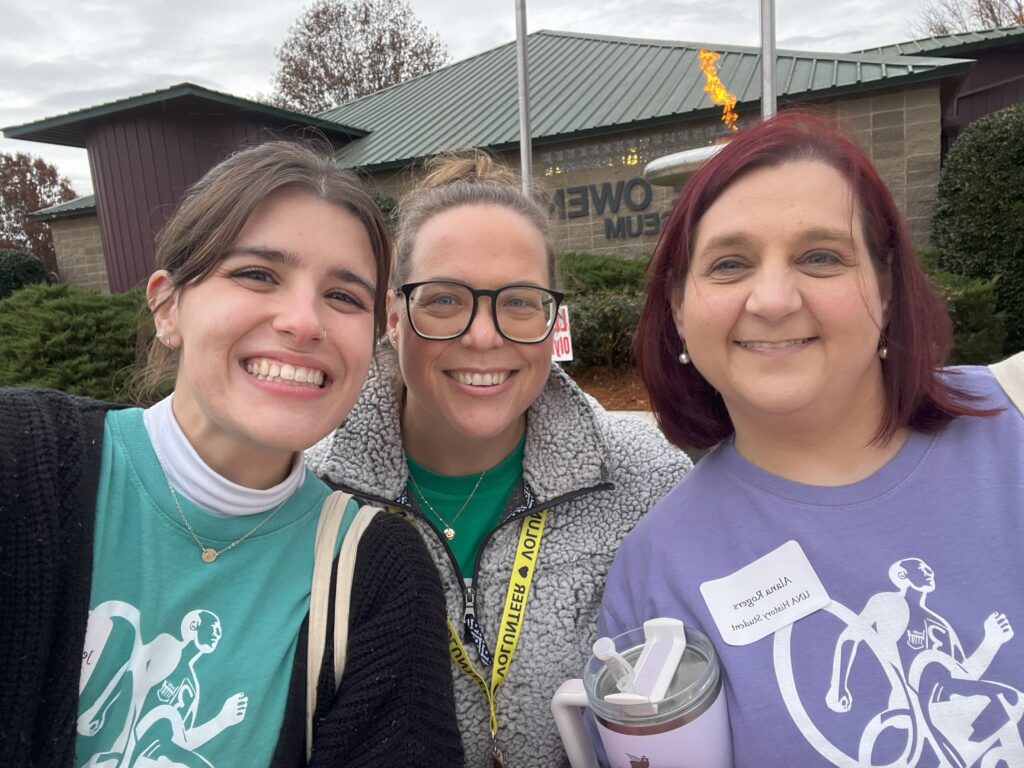
 feel like I am connecting with that community, even if that is just for a small visit. One of the best local museums I have been to is the Jesse Owens Museum, in Oakville. My most recent visit was over Veteran’s Day weekend, but the first time I visited was in 2015. That summer, my family and I hit all the touristy places around Alabama and the Jesse Owens Museum was on our list. I am sad to say that I did not remember much about our visit until I had the opportunity to return.
feel like I am connecting with that community, even if that is just for a small visit. One of the best local museums I have been to is the Jesse Owens Museum, in Oakville. My most recent visit was over Veteran’s Day weekend, but the first time I visited was in 2015. That summer, my family and I hit all the touristy places around Alabama and the Jesse Owens Museum was on our list. I am sad to say that I did not remember much about our visit until I had the opportunity to return.
On Veterans Day the museum held an anniversary event to commemorate 25 years of sharing Owens’ legacy. Part of that celebration included historic talks around the park. Dixie Norwood, Alana Rogers, history students from the University of Alabama in Huntsville and I worked in pairs to lead these talks with visitors. It was so interesting learning about Owens and his family’s life in Oakville before they moved to Ohio. Sharing that with visitors was a unique experience.
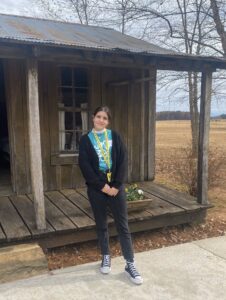 The Owens family lived as sharecroppers, as did many rural families at the time. Sharecropping meant working on someone else’s land and crops in exchange for half of the crop after harvest. However, after using those profits to settle outstanding loans accumulated during the year, families had very little to live on. One example of their poverty is that the Owens family could not afford medical care for their children, which resulted in Mrs. Owens performing surgery to remove a boil from young Jesse in their kitchen. Many of the youngsters we talked to that weekend did not know what sharecropping was and why it was difficult to provide for 10 children as sharecroppers. One youngster said that being a sharecropper sounded like it was fun until she understood that the Owens could not provide the basic needs for their family. On the other hand, the conversations I had with adult visitors were enlightening. Many of them remembered their own parents or grandparents being the children of sharecroppers and the effects of Jim Crow on their lives. One man said his family lives on the same land that his grandfather grew up in a sharecropping family on and that his backyard has the sharecropping home in it.
The Owens family lived as sharecroppers, as did many rural families at the time. Sharecropping meant working on someone else’s land and crops in exchange for half of the crop after harvest. However, after using those profits to settle outstanding loans accumulated during the year, families had very little to live on. One example of their poverty is that the Owens family could not afford medical care for their children, which resulted in Mrs. Owens performing surgery to remove a boil from young Jesse in their kitchen. Many of the youngsters we talked to that weekend did not know what sharecropping was and why it was difficult to provide for 10 children as sharecroppers. One youngster said that being a sharecropper sounded like it was fun until she understood that the Owens could not provide the basic needs for their family. On the other hand, the conversations I had with adult visitors were enlightening. Many of them remembered their own parents or grandparents being the children of sharecroppers and the effects of Jim Crow on their lives. One man said his family lives on the same land that his grandfather grew up in a sharecropping family on and that his backyard has the sharecropping home in it.
The Jesse Owens Museum not only shares Owens’ legacy but also that of life in the rural South for many African Americans. It demonstrates how local history often impacts national and world history. ###
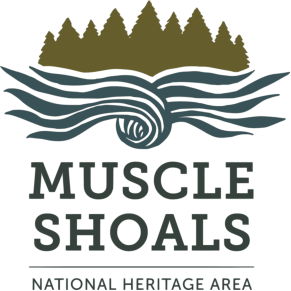
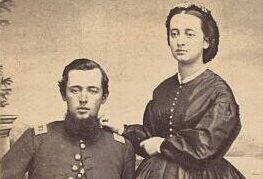


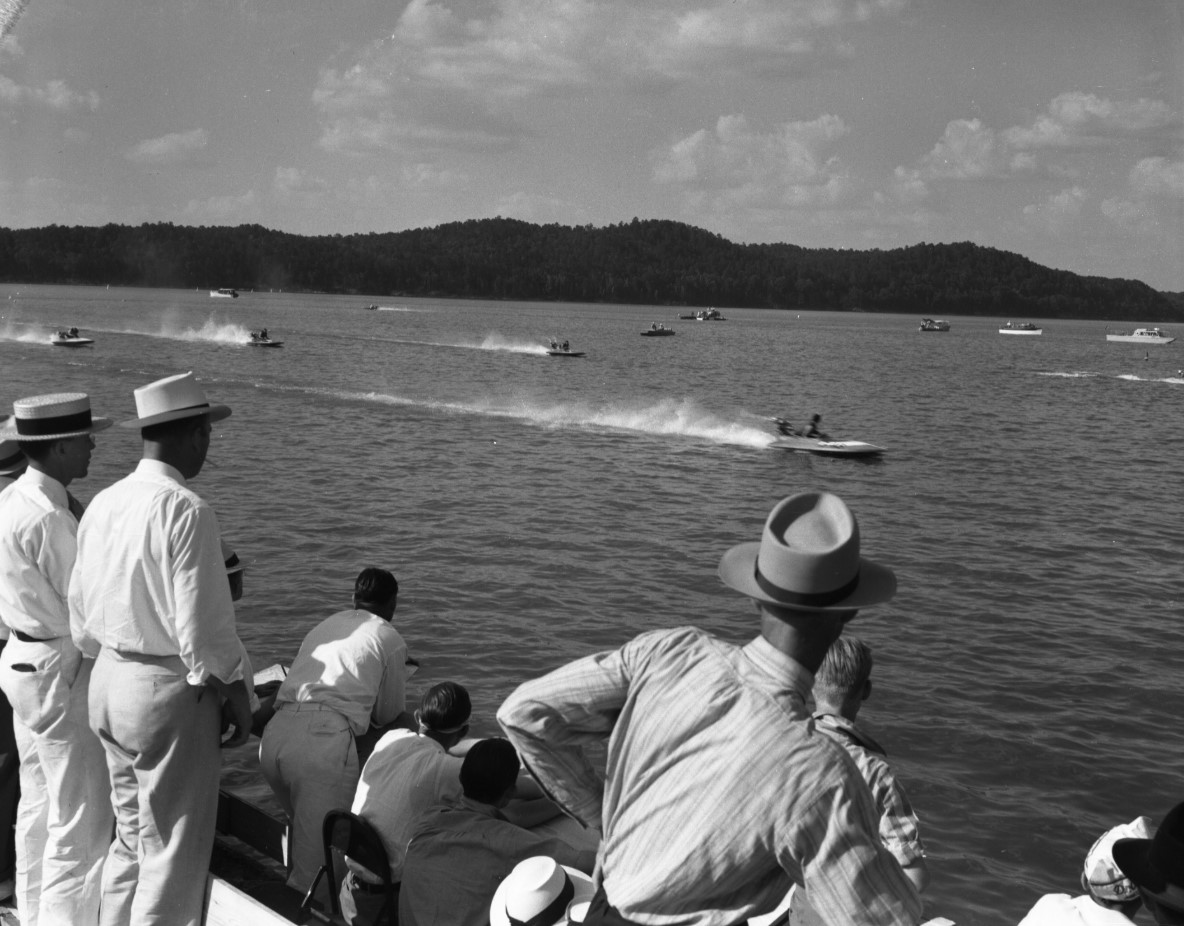
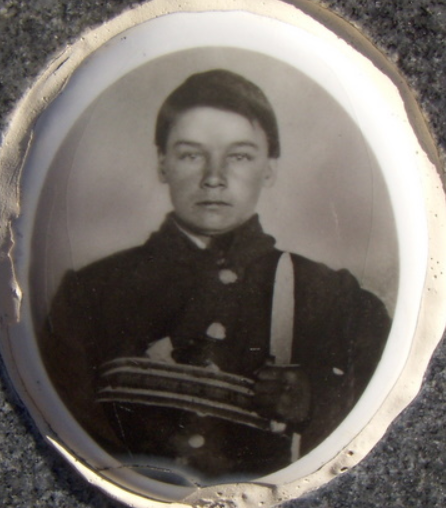
One Response
Thank Jessie for continuing to share about our park. It was a lot of fun meeting you ladies and patterning on this project!! Maybe we will have opportunity to work together again!! Keep us posted on where you are and what you are doing!!